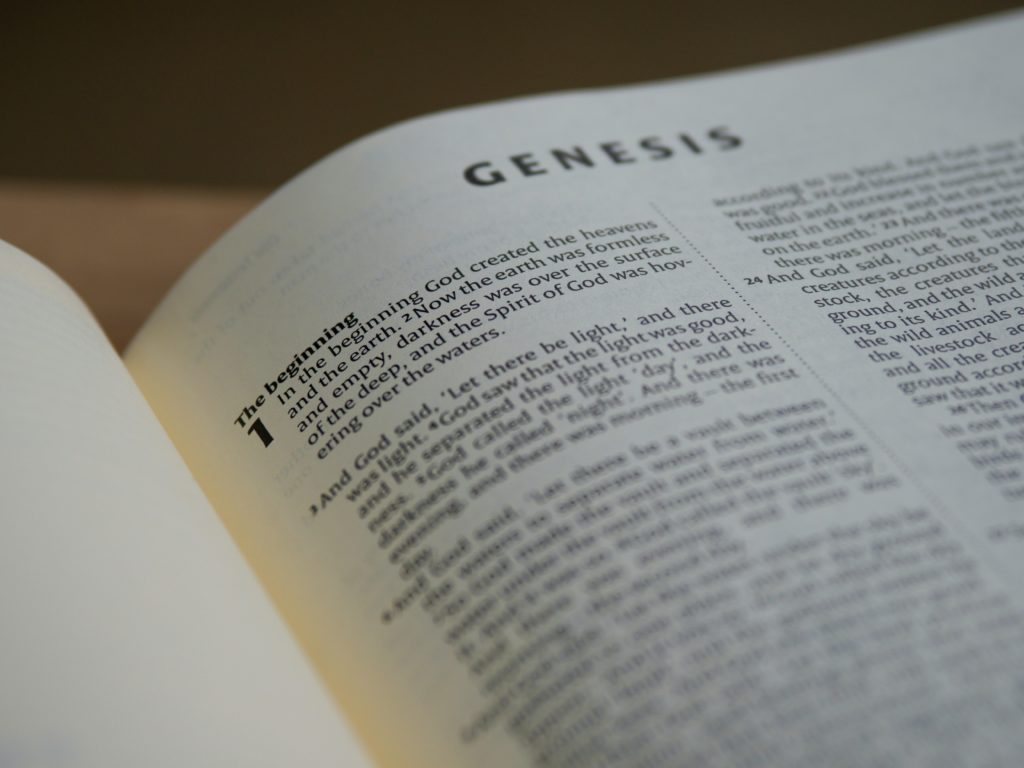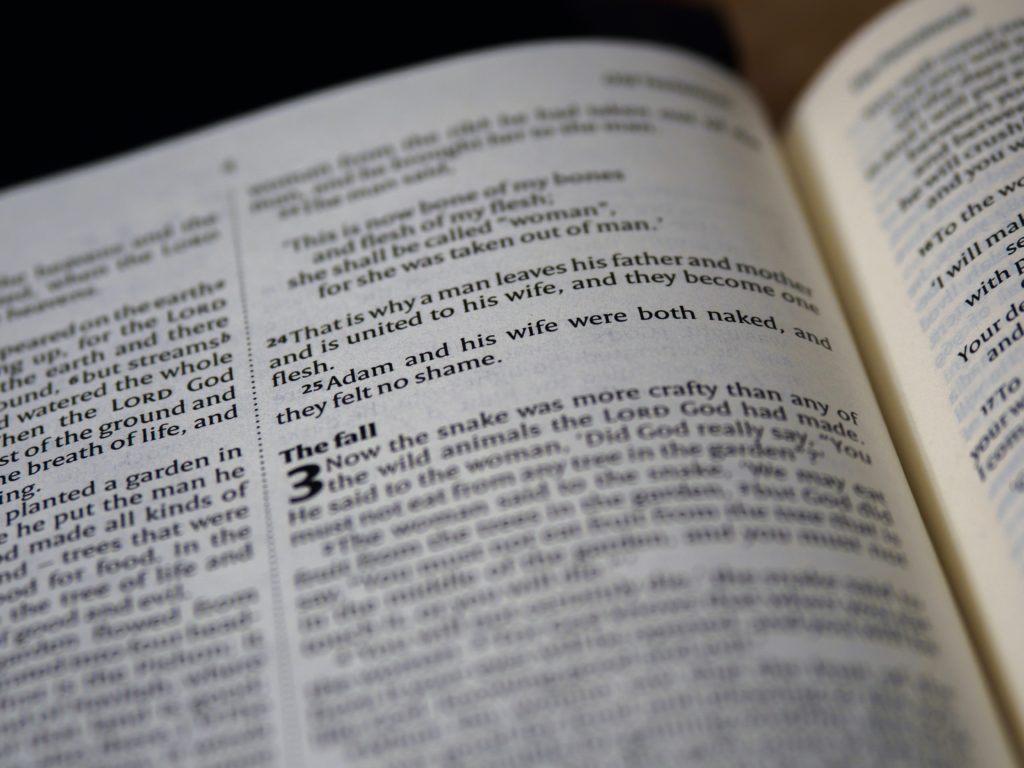
Beliefs
God
There is only one living and true God (Deut. Him 6:4; Is. 45:5-7; 1 Cor. 8:4), an infinite, all-knowing Spirit (John 4:24), perfect in all His attributes, one in essence, eternally existing in three Persons—Father, Son, and Holy Spirit (Matt. 28:19; 2 Cor. 13:14)—each equally deserving worship and obedience. The existence of God is for Christians, a theological presupposition. God is a self-existent, self-conscious, and the only absolutely autonomous personal Being, the first cause and creator of all, who transcends the natural and supernatural realms and is immanent in every part in His complete essence and person. He is not dependent, derived, or contingent and He is the unconditional one that has the power of being within Himself (i.e., self-existence)


Creation
God the Father, Son, and Holy Ghost, according to the counsel of His will (Eph. 1:11; Rev. 4:11) is the author and cause of creation (Gen. 1:1; Is. 40:12; 44:24; 45:12) which He created in six days (Gen. 1:31; Ex. 20:11; 31:17) without the use of pre-existing material, since at the beginning of His work of creation, nothing existed but God.
Jesus
The Son of God, the second person in the Trinity, being eternal God, of one substance and equal with the Father took upon himself a human nature and was conceived by the power of the Holy Spirit in the womb of the Virgin Mary. The two natures, divine and human were inseparably joined together in one person, the hypostatic union, without conversion, composition, or confusion. The person was divine and human, fully God and fully man. Thus, our Lord Jesus Christ has a divine nature and a human nature, and the two natures are a united whole and distinct in one person. As part of God’s plan of salvation, Jesus lived a perfectly obedient sinless life. He died on the cross to pay for the sins of all believers. This redemptive act on the part of Jesus Christ of a perfect life and a substitutionary death on the cross resulted in God imputing Jesus’s merited righteousness for living a perfect life to believers and to accept the redemptive price paid on the cross in payment for the sins of all believers. On the third day after Jesus died on the cross, He was raised from the dead in the very same body which had been laid in the tomb. He then ascended into heaven where in His exalted state He sits at the right hand of God the Father and intercedes on the behalf of all believers.


Human Beings
God created human beings, male and female, in His own image. A human being consists of two distinct but inseparable (in this life) parts, namely, body and soul. The human body was made by God from pre-existing material, the dust of the earth, and the soul was made by God without the use of pre-existing material and God breathed it into man making him a living soul (Gen. 2:7). The physical body is the “material” part of a human being and the soul is the “immaterial” part. The living human being is not made of two parallel parts or two separate parts but a human being is one living being made of two distinct but indivisible (during life) parts.

The Bible
The holy Scripture contained in the 66 books of the Christian Bible is the revealed word of God and is breathed out by God’s Spirit through the instrumentality of inspired writers and is therefore the inerrant, infallible word of God in its original autographs and indirectly in the texts and translations of today when properly interpreted and is the sole and absolute authority for doctrine and practice of the faith.

The Fall
Adam and Eve were tempted by Satan and disobediently sinned against God and by sinning, they fell from their sinless state and caused all humanity to be in a state of sin and spiritual death resulting in the sentence of eternal death which human beings are incapable of avoiding within themselves but only by the grace of God.
Sin
Every act or thought that transgresses the righteous law of God and falls short of his will is sin. Sin is lawlessness (1 John 3:4) or contrary to God’s law in the Bible. Anyone who knowing God’s law, fails to be obedient to it sins (James 4:17). The Bible specifically names sins such as sexual immorality (see also 1 Cor. 6:18), idolaters, adulterers, homosexuality, thieves, greed, drunkards, revilers, and swindlers (1 Cor. 6:9-10). Many more sins are listed in the Bible such as adultery, anger, arrogance, bitterness, blasphemy, boasting, brutality, carousing, complaining, conceit, coveting, deceit, defrauding, denying Christ, drunkenness, envy, evil thoughts, false witnessing, fornication, hate, jealousy, lust, malice, murder, pride, prostitution, slander, sorcery, stealing, swindling, unforgiveness, ungodliness, ungratefulness, and in many, many, more. The Bible has a lot to say about sin and we should understand that any time we fail to be obedient to God’s command and holy Scripture we fail to glorify God and sin against God. Because of sin, human beings were alienated from God. Sin, no matter how small, deserves damnation.

Salvation
After the Fall, all human beings exist in a depraved state with the absolute inability to not sin and if not saved from this state they are condemned to eternal death. Human beings in such a state can only be saved by the grace of God alone, through faith alone, in Jesus Christ alone. Through the agency of the Holy Spirit, all the elect of God are born again through regeneration and converted unto their belief in Jesus Christ. They are justified on the ground of Christ’s merited righteousness, which righteousness is imputed to believers. On the basis of his payment of the price for the sins of the elect thereby redeeming the elect, God justifies the believer and adopts the believer as a child of God and assures the believer of their heavenly inheritance of salvation and glorification and eternal life with God. Anyone who seeks forgiveness for his or her sins will find forgiveness in Jesus our Lord and Savior. No sin, no matter how great, can bring damnation upon human beings who truly repent. All who are sorry for their sins (2 Cor. 7:10) and repent (2 Pet. 3:9) and believe in Jesus Christ and turn from their sins (Acts 2:38) are assured of salvation (Acts 16:31).

Marriage
The ordinance of marriage is a creation ordinance established by God (Gen. 2:24). Marriage is between one man and one woman (Matt. 19:4-6) and is a picture of the covenant between Christ and His bride, the Church. (Genesis 2:22-24; Ephesians 5:22-33). Any other intimate relationship between human beings is not marriage according to holy Scripture. If any of these other relationships between human beings is established by civil government or otherwise it does not place this other relationship within the biblical ordinance of marriage. For the Christian, such other relationships that may be established under civil law may be lawful under the law of the land but are nevertheless not biblical marriage and are thus contrary to the tenets of the Christian faith. Marriage is a divine institution constituted by God and He ordained marriage between a man and a woman as the indispensable condition of the continuance of the human race.

Eschatology
Our eschatological views are amillennial taking the position that the Kingdom of God was successfully inaugurated during Christ’s first advent and earthly ministry. The author takes the position that Jesus Christ currently reigns at the right hand of the Father over His church, and at the end of these last days, at his second advent, Jesus will return to judge the living and the dead at that time, not one thousand years later.

